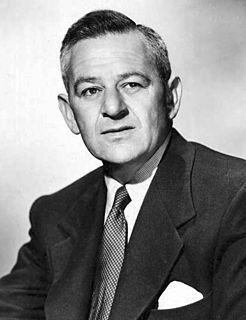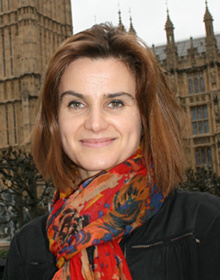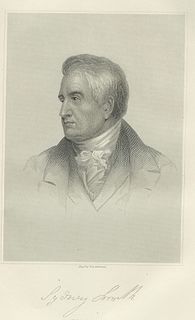A Quote by George Orwell
They were governed by private loyalties which they did not question. What mattered were individual relationships, and a completely helpless gesture, an embrace, a tear, a word spoken to a dying man, could have value in itself
Related Quotes
Where did all the women come from? The supply was endless. Each one of them was individual, different. Their pussies were different, their kisses were different, their breasts were different, but no man could drink them all, there were too many of them, crossing their legs, driving men mad. What a feast!
I thought that the world was a vast system of signs, a conversation between giant beings. My actions, the cricket's saw, the star's blink, were nothing but pauses and syllables, scattered phrases from that dialogue. What word could it be, of which I was only a syllable? Who speaks the word? To whom is it spoken?
The war was an escape to reality... The only thing that mattered were human relationships; not money, not position, not even family... Only relationships with people who might be dead tomorrow were important. It is a sort of wonderful state of mind. It's too bad it takes a war to create such a condition among men.
I would never take a case that had to do with abusing children. They're the true innocents. All of the rest of us, we have smears and stains, but they're helpless. I couldn't add my talent, which is prodigious, to a defense of someone even accused of hurting a child. I would never defend a cop - though I did on a few private cases, when cops were acting not as cops but as private citizens. Other than that, I represented everybody who came by.
Do you remember when you were 10 or 11 years old and you really thought your folks were the best? They were completely omniscient and you took their word for everything. And then you got older and you went through this hideous age when suddenly they were the devil, they were bullies, and they didn't know anything.
Long ago, there was a noble word, liberal, which derives from the word free. Now a strange thing happened to that word. A man named Hitler made it a term of abuse, a matter of suspicion, because those who were not with him were against him, and liberals had no use for Hitler. And then another man named McCarthy cast the same opprobrium on the word. ... We must cherish and honor the word free or it will cease to apply to us.
The Heart of Gold fled on silently through the night of space, now on conventional photon drive. Its crew of four were ill as ease knowing that they had been brought together not of their own volition or by simple coincidence, but by some curious perversion of physics- as if relationships between people were susceptible to the same laws that governed the relationships between atoms and molecules
I know now that I began writing in a country where the word 'woman' and the word 'poet' were almost magnetically opposed. One word was used to invoke collective nurture, the other to sketch out self-reflective individualism. Both states were necessary - that much the culture conceded - but they were oil and water and could not be mixed.
The main question to a novel is -- did it amuse? were you surprised at dinner coming so soon? did you mistake eleven for ten? were you too late to dress? and did you sit up beyond the usual hour? If a novel produces these effects, it is good; if it does not -- story, language, love, scandal itself cannot save it. It is only meant to please; and it must do that or it does nothing.





































